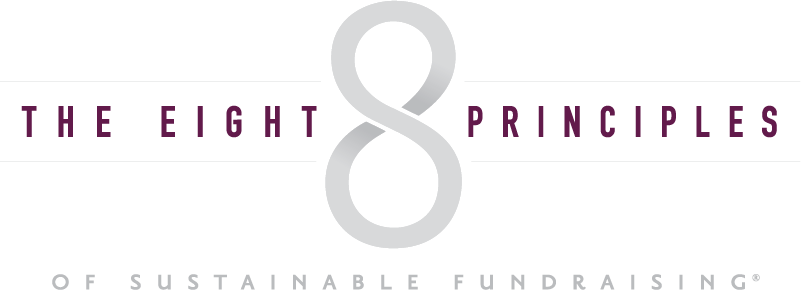This is the fourth installment of our series on Fundraising Culture, by Larry Johnson, Founder of The Eight Principles. We’ll look at what a culture is. What is looks like. The kind of fundraising culture you want. How to build it and how to keep it.
Americans are known by their can-do, often brash desire to be better. Bigger. Better. Faster.
“We do it best”
“No one better”
“We’re number 1”
I could continue but you get the idea. We love superlatives. Whether in personal accomplishment, business, sports, or collective achievement. Think “man on the moon.”
With the emphasis on excellence and achievement, we often characterize people as “winners” or “losers”.
So how does this conversation translate into the charitable world? Some in charitable circles think that striving to be the best is unseemly, voicing instead a faux egalitarianism.
This is denial. No one wants to be mediocre.
Instead of the “win-lose” dichotomy, however, I prefer “win-win”. Yes, you can strive for excellence. Yes, you can grow in your impact. And it doesn’t have to be at the expense of others.
When you seek to grow your fundraising, the important thing to remember is that it’s not about the money. Yep. It’s NOT about the money. Monetary goals are a one-dimensional measure.
Sure, you want to raise more funds. Nothing wrong with that. But you do so to do more in the fulfillment of your mission.
That’s why fundraising that grows and sustains itself over time is about relationships. It’s not transactional. And it’s definitely not commercial.
The organizations with the healthiest fundraising cultures are also the ones which are the most resilient. They want to grow. They’re never satisfied with the status quo. They want consistent growth. In both revenue and impact.
How do they do this? Principle 6 of The Eight Principles® is Divide & Grow™. This is a contrarian concept which means to grow and prosper you cannot treat your investors not as a monolithic whole but rather as a collection of individuals each with their own dreams, visions, and situation in life.
In regard to treating different donors differently, this is one of the few activities which has been made easier and more nimble through technology. Even very small organizations with modest resources can engage their investors in very personal and specific ways.
Some say that I’ll just “remain the same”. That’s a lie. Everything constantly changes. Our entire skin completely replaces itself every seven years. When you simply want to stay the way, you are, you’re more than likely drifting. And we know what floats downstream.
Embrace growth. The kind that improves the lives of others.



